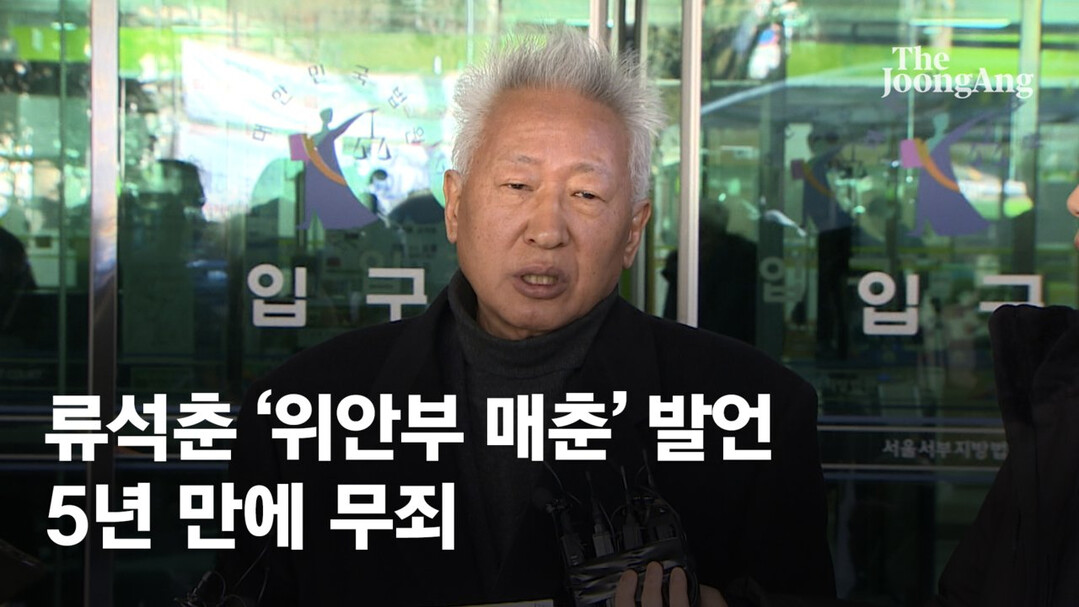
Seoul, South Korea – The Supreme Court of South Korea has acquitted a former university professor accused of defaming the so-called "comfort women," who were forced into sexual slavery by the Japanese military during World War II. The ruling has sparked outrage from women's rights advocates, who argue that it effectively legitimizes historical revisionism.
Case Background
Ryu Seok-chun, a former sociology professor at Yonsei University, was indicted in 2019 for claiming in a lecture that comfort women were "a type of prostitution" and that the "direct perpetrator was not Japan." These remarks were deemed by prosecutors to be defamatory against the victims.
Court Ruling
The Supreme Court upheld a lower court's decision to acquit Ryu of defamation, stating that his remarks were "academic opinions" and did not constitute factual distortions. The court also emphasized the importance of protecting freedom of expression.
Reactions
The ruling has been met with strong criticism from women's rights groups, including the Justice for the Comfort Women organization. They argue that the court's decision ignores the historical facts and the suffering of the victims.
"This ruling effectively gives a free pass to those who deny the historical truth and defame the victims," said a spokesperson for the Justice for the Comfort Women organization. "It is a setback for justice and human rights."
The organization is now calling for the South Korean government to revise the "Comfort Women Protection Law" to strengthen protections against historical distortion and defamation of the victims.
International Attention
The case has also drawn international attention, with human rights organizations expressing concern over the rise of historical revisionism in South Korea. They argue that the country needs to take a stronger stance against those who deny the atrocities committed by the Japanese military during World War II.
The Issue of Historical Revisionism
The debate over the comfort women issue is part of a larger struggle against historical revisionism in East Asia. Some groups in Japan have attempted to downplay or deny the forced nature of the women's enslavement. This has caused tensions with neighboring countries like South Korea and China, who see it as a way of whitewashing Japan's wartime atrocities.
The Need for Justice
The comfort women issue remains a sensitive and unresolved chapter in the history of East Asia. While some progress has been made in recent years, with Japan issuing a formal apology and providing some compensation to the victims, many issues remain unresolved. These include the need for a full and sincere acknowledgement of Japan's war crimes, as well as the need for justice and reparations for the victims.
[Copyright (c) Global Economic Times. All Rights Reserved.]






























